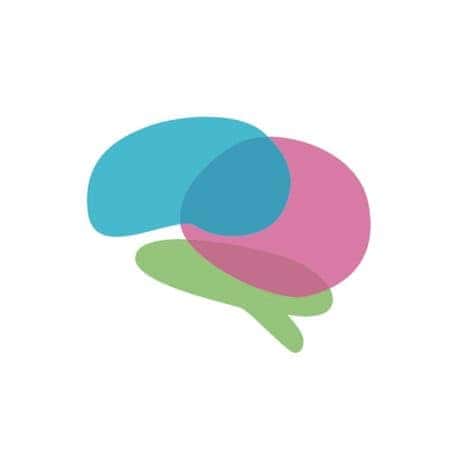Understanding Self-Regulation
Let’s dive deeper into the concept of self-regulation, which is the key trait you’re fostering with your daily practice.
What does self-regulation mean to you?
At FocusedKids, we define self-regulation as the ability to manage your feelings, emotions, and behaviors. Self-regulation is also defined as the ability to understand emotions, control impulses, and calm down when you are experiencing intense emotions or stress. Regulation, how you control yourself, plays a huge role in the management of your classroom. The opposite of regulation is dysregulation, or the lack of control over your feelings, emotions, and behaviors.
Think about this for a moment. Close your eyes or gaze down. Visualize what your ideal classroom environment looks like, feels like, sounds like.
Go ahead, take a second and visualize that.
What role do you play in that vision? What might you need before you get to school in the morning to feel regulated and ready to make that vision a reality?
Activity
Grab a pen and paper, set a timer for 3 minutes, and make a list of all of the ways you can help yourself regulate.
Chances are you probably have some obvious examples, but then it might take some thinking to find some of the more minor, less intentional ways you regulate yourself. Yet, even small self-regulating skills can significantly change your well-being over time. They are important to acknowledge. Acknowledgment brings awareness, and awareness brings intention. Then, when you are dysregulated, you will be more likely to remember the things that help you if you have been paying attention and practicing them.
Sidenote: If you didn’t have breathing on the list of ways to self-regulate, consider adding it. Why? Because intentional breathing is a self-regulation super power. Harnessing this super power is one of the most useful things you can do for yourself and your students. We’ll tell you a bit more about the importance of intentional breathing and how to practice it next.
How was that? Were there any items on your list that surprised you? You may not realize those were practices for self-regulation.
Now, take that list and post it somewhere. Remember, being intentional will help you remember to practice these tools for self-regulation. Big or small, they add up to a more regulated, happier, productive self.
